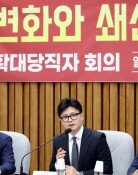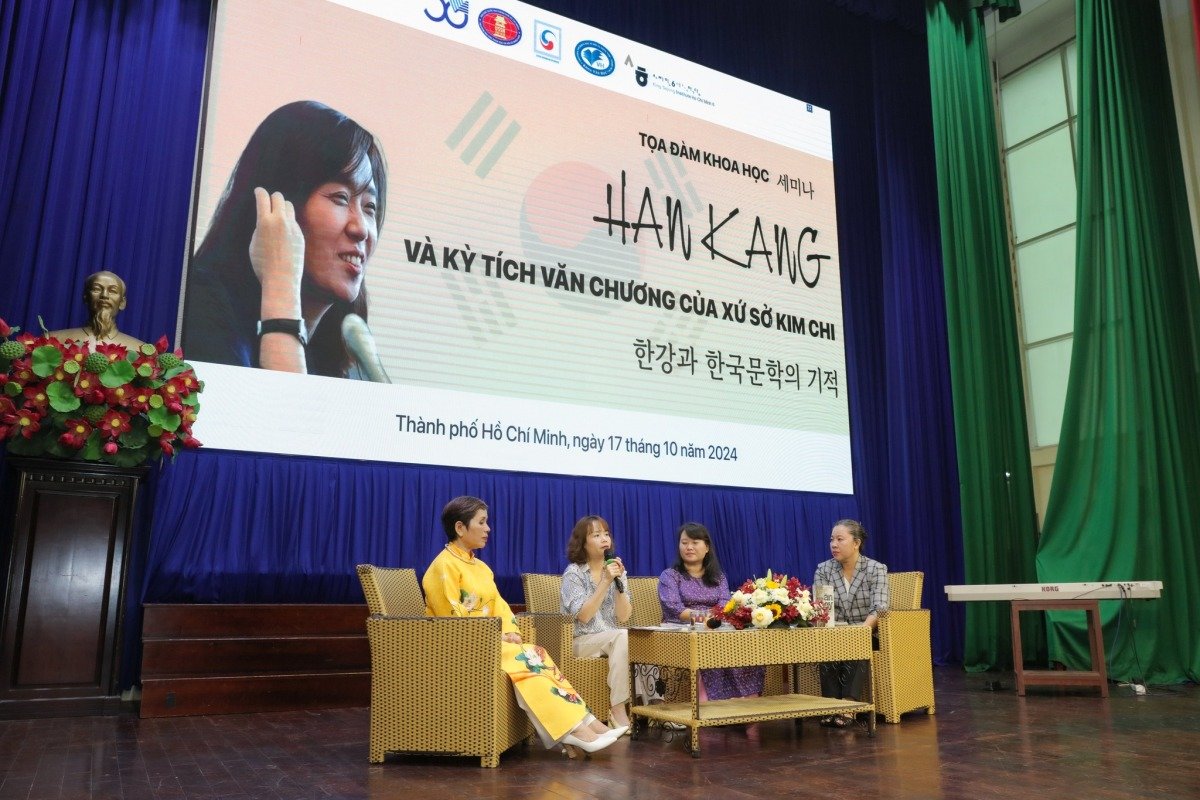Life of leader who even escaped death
Life of leader who even escaped death
Posted October. 12, 2000 21:05,
"Five near-death experiences, six years of prison life, and 10 years of exile and house arrest " this was the way President Kim Dae-Jung used to describe the path of his life, full of hardships he suffered during the days of his struggle for the democratization of the nation.
Kim's life can be dubbed a "history of struggle" for democracy, human rights and the unification of the divided fatherland.
Born as the second son to a poor tenant farmer on Haui-do Island, Sinan-kun, Chollanam-do Province, President Kim graduated from Mokpo Commercial High School and engaged in private business before he chose the political path in late 1950.
His antipathy toward the dictatorship of the then president Syngman Rhee forced him to give up his promising post as a marine transportation company president and become a politician.
Elected to the sixth-term National Assembly in 1963, Kim soon grew to become a young opposition politician who attracted a great deal of public attention. In a national convention of the opposition New Democratic Party, he was elected presidential candidate in a fierce contest with rivals Kim Young-Sam and Lee Chul-Seung, who advocated the "Leadership by 40s."
At that time, the regime of President Park Chung-Hee paved the road for Park's prolonged one-man rule by revising the Constitution to allow the President a third consecutive term in 1969, and was on the verge of entering the 1972 Yushin (revitalizing reform) system aimed at enabling Park to remain in office until his death.
In the 1971 presidential election, Kim obtained 46 percent of the vote, and this commendable result ironically gave the Park Chung-Hee regime a direct motive to suppress him.
In August 1973, agents of the Korean Central Intelligence Agency, the predecessor of the present-day nal Intelligence Service, kidnapped Kim in the heart of Tokyo, Japan. In 1976,under the tough Yushin system, Kim was arrested for his participation in the March 1 Declaration for Democracy and National Salvation at Myongdong Cathedral and was sentenced to five years in jail. He was released in the middle of his term in 1978.
After President Park Chung-Hee was assassinated on Oct. 26, 1979, the new military junta seized power in the May 17 1980 coup, and arrested Kim on suspicions of treason with regard to the May 18 Kwangju citizens' democratic uprising. The then-court martial sentenced him to death.
While serving his prison term, Kim was released in 1982, and was forced to take political asylum in the United States. To join the struggle for the democratization of the fatherland, Kim returned home with his life at stake in 1985, but was immediately put under house arrest.
Kim's hardships finally ended for the moment with a victory in the struggle for democratization in June 1987 engineered by the people's power. Until then, he had been praised as a politician who never made compromises with powerful figures, although he had suffered the most extreme oppression.
When he was given the death penalty by a court martial in 1980, the leaders of the new military junta attempted to lure him, promising that they would give him any post he wanted except for the presidency, but Kim flatly rejected the offer. His never-dying enthusiasm for the democratization of the fatherland and human rights had already received international recognition at that time.
However, the decisive achievement of Kims that helped shake the title of "ever unsuccessful candidate" for the Nobel Peace Prize was his contribution to the opening of an era of peace and reconciliation on the Korean peninsula, the last Cold War region in the world.
Taking the presidential office through the horizontal shift of power in 1997 for the first time in the Korean constitutional history, President Kim has been consistent in pushing through his rapprochement policy toward North Korea, known as the "Sunshine Policy," and realized the tour program for South Koreans to Mt. Kumgang in North Korea.
On June 15 this year, Kim achieved the first South-North summit since the national division and successfully transformed South-North confrontation into reconciliation and mutual conflict into coexistence.
Since the leaders of South and North Korea issued the June 15 Joint Inter-Korean Declaration, the two sides have made remarkable progresses in mutual exchanges and cooperation by realizing separated family reunions, starting the construction work to reconnect the Kyongui Railway Line, promoting the establishment of permanent venues for family reunions, holding defense ministers' talks and tour exchanges to Mt. Paktu in the North and Mt. Halla in the South.
The waves of reconciliation and exchanges that started on the Korean Peninsula, which has been the powder keg of Northeast Asia, led to the détente between North Korea and the United States, bringing about a new turning point in the alleviation of tension in the region.
President Kim's winning the Nobel Peace Prize can be said to be a natural reward from the international community for his 40 years of indomitable devotion toward democracy and his work to bring an end to the Cold War formula on the Korean Peninsula.
Headline News
- Presidential Office signals possible offensive weapons aid to Ukraine
- N. Korea reportedly prepares military balloon attack with Russia
- Medical associations join bipartisan talks on expanding medical school quotas
- Former world No. 1 Ko Jin-young returns to LPGA
- Kakao unveils AI service ‘Kanana’ at 'if Kakao AI 2024'







